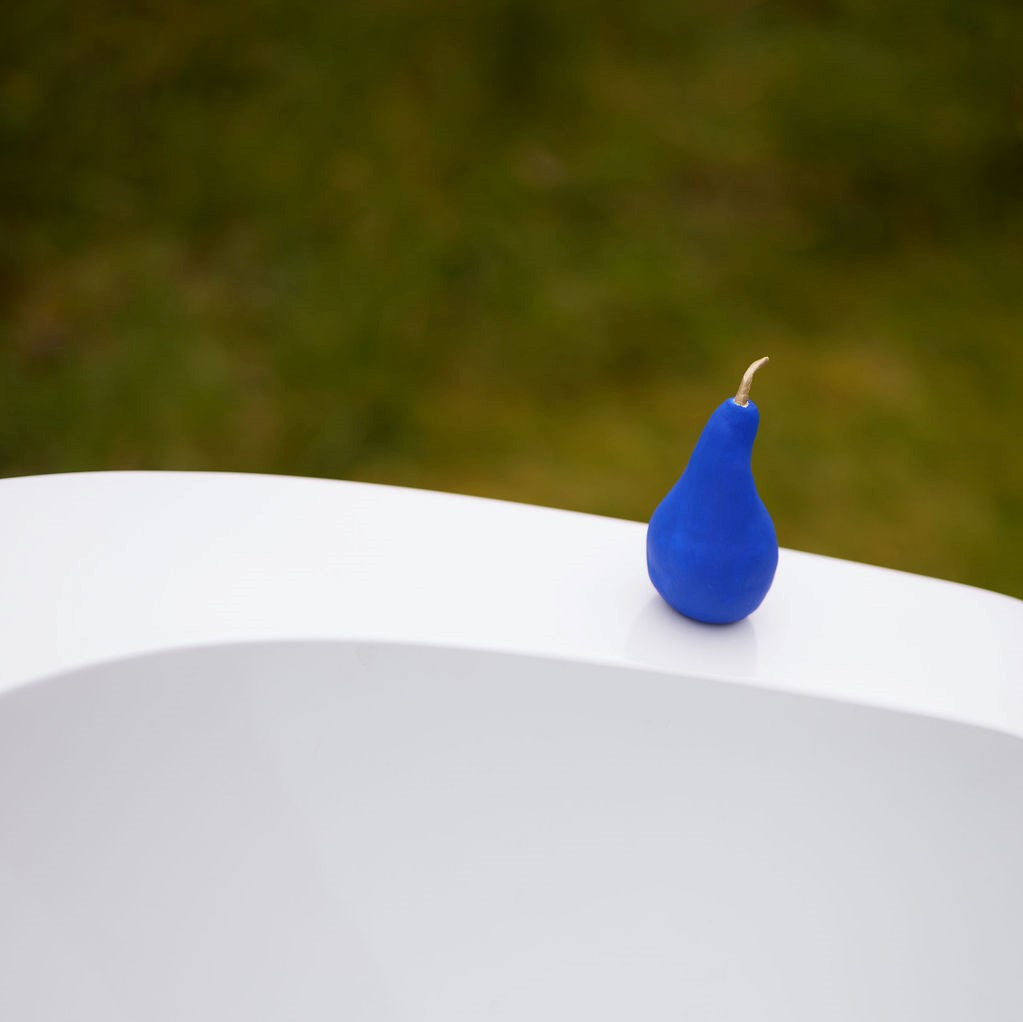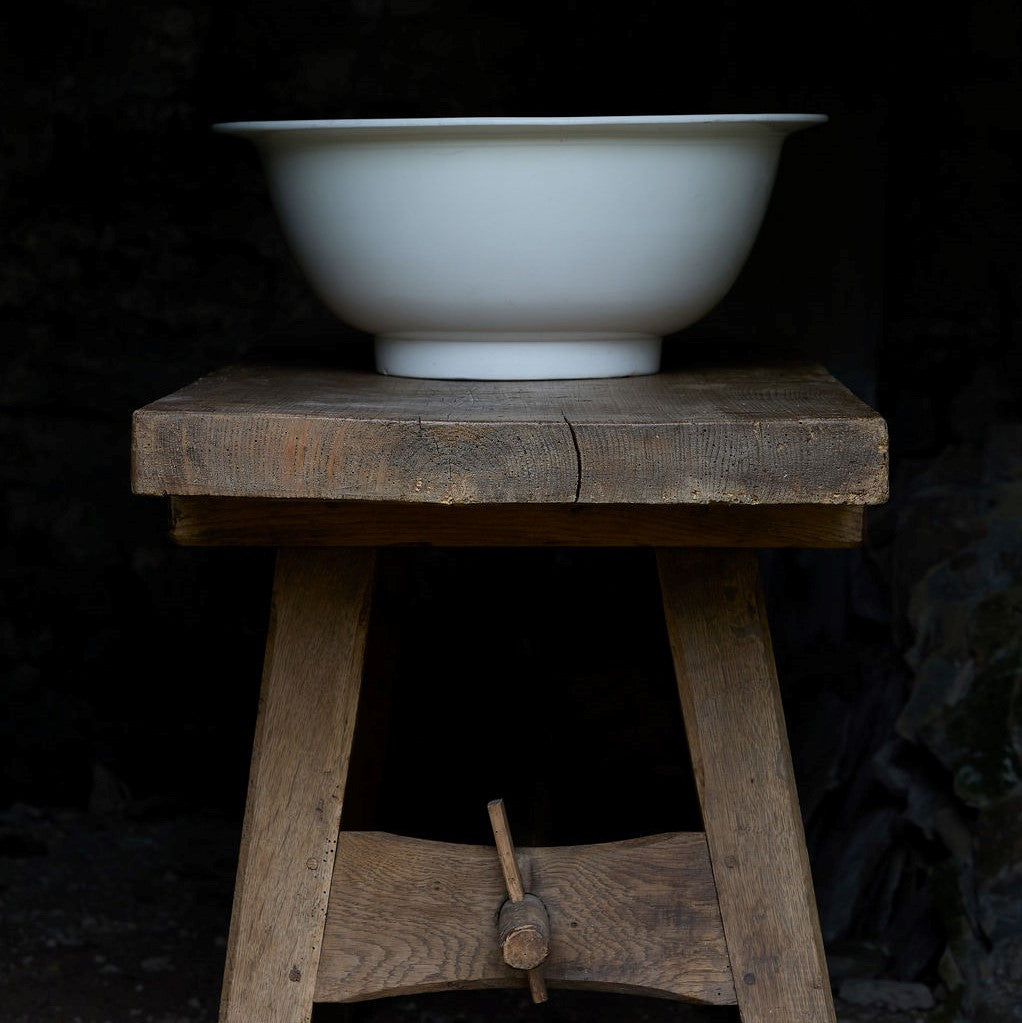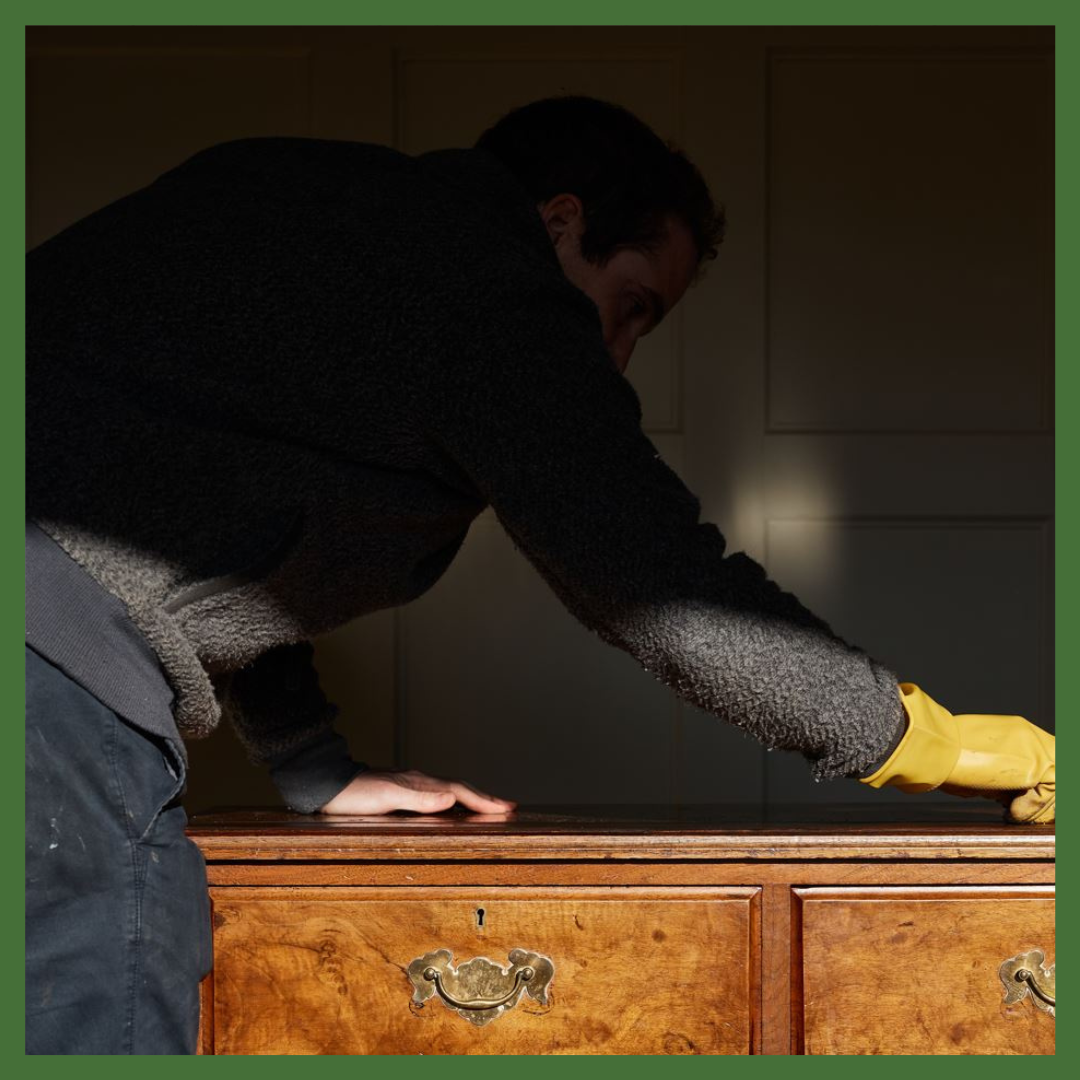
Back to the future

The last twelve months have proved a steep learning curve on so many levels. It’s been a year in which we have developed a far deeper understanding and respect for the pieces and materials with which we work, a year which has allowed us to sync into a rhythm of working together and for ourselves - which continues to provide both delight and plenty of challenges, and a year in which we’ve started to hone the range and style of what we’re working with.
We've also developed a keen appreciation for the relationship between old and new, how old furniture can: be repaired using modern techniques and materials; sit very happily within contemporary interiors; remind us that having functioned for 50, 100, 200 years, it can well withstand many more years if well preserved, without the need to replace with new.
Considered changes
It’s also been a year which has seen continued transformation of consumer choices when it comes to sustainable interior design and the sourcing of furniture.
We’ve been enormously cheered by the persistent coverage of conscious consumption in the media and on social channels. It feels like there’s been a real shift to buying less but better, and a serious consideration of second-hand items across the board.
The ‘right to repair’ legislation is an important step in the cultural shift away from planned electronic obsolescence, a philosophy which can be equally well applied to manufacturing more universally.
We founded PearTree with the simple purpose of making restored, second-hand furniture more accessible.
It is endlessly satisfying to breathe new life into pieces which may seem at first glance beyond repair, and which can end up just as good as, if not preferable to, their newly constructed peers.
Sensitive and well-executed restoration of furniture which was decently made in the first place provides an inimitable combination of quality, character, craftmanship and longevity. It comes with an ecological value too, through the use of materials already sourced, a reduction in supply chain transport and saving furniture which might otherwise be consigned to the tip, therefore reducing our landfill or incineration footprint.
Can looking backwards sometimes help us to look forward?
We write these reflections in the middle of the recent heatwave and are feeling very grateful to live in an old stone house which is doing an excellent job of keeping cool with no need for air conditioning.
Perhaps this is a good example of a valuable corrective: new and shiny isn’t always synonymous with the best way to live, and history still has much to recommend.
We like to think that appreciation and celebration of traditional design whilst embracing modernity and our adapting lifestyles has much to recommend it, and are so excited about what we can find and produce following this mantra in the next stage of PearTree’s evolution.




